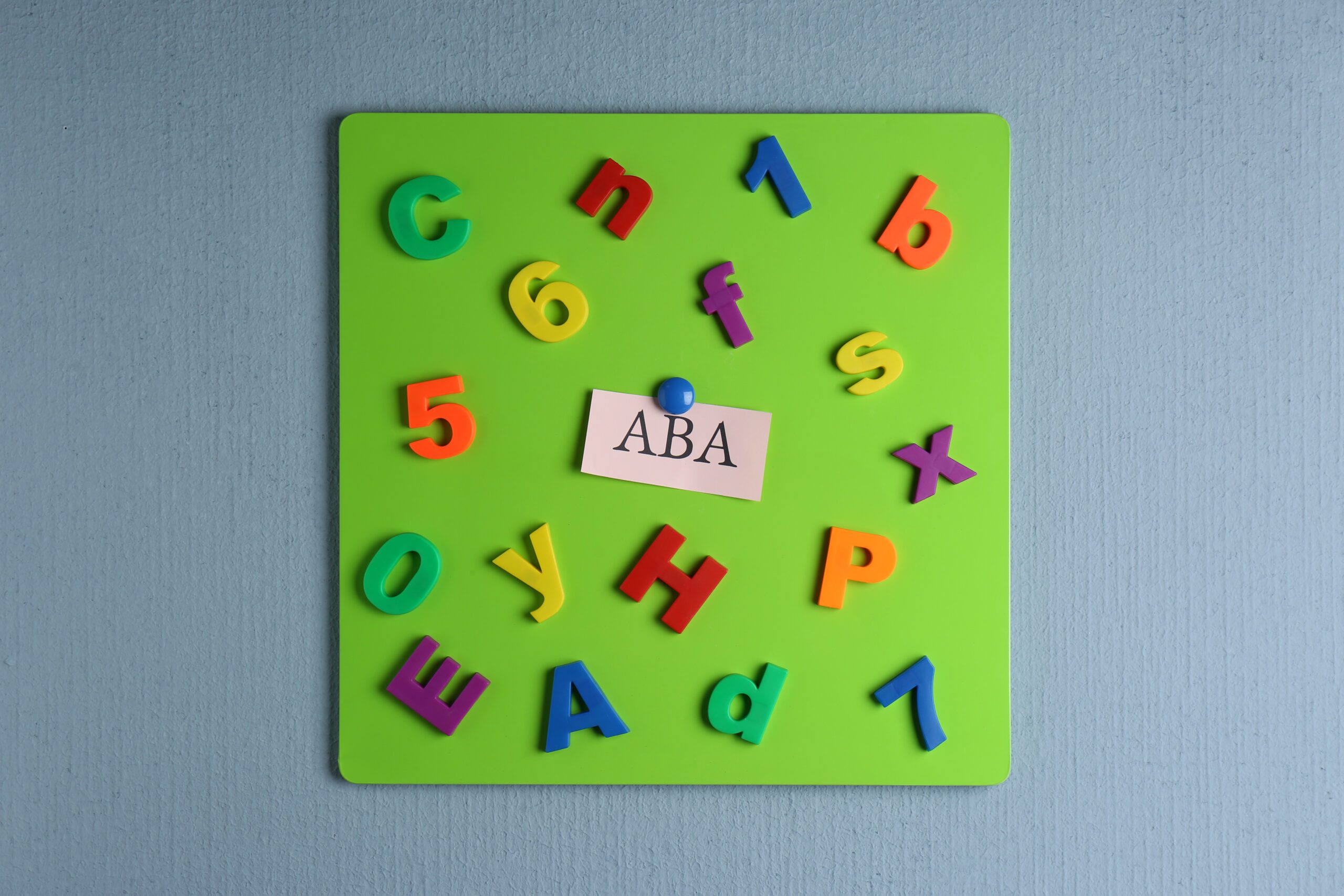
What Does a Behavior Analyst Do? Understanding Their Role in Grapevine
In Grapevine, families seeking ABA therapy for their children may come across professionals known as behavior analysts. But what exactly does a they do? In this blog, we’ll explore the role of these specialists, how they contribute to therapy plans, and why their expertise is essential for families. Whether you’re new to ABA or exploring therapy options, this post will shed light on how these professionals help in promoting developmental progress.
Key Responsibilities of a Behavior Analyst
They are highly trained professionals who work with individuals, especially children with developmental disorders such as autism spectrum disorder (ASD). Their primary duties encompass assessments, therapy plans, and progress monitoring.
Assessments
The first step when working with a behavior analyst is usually an in-depth assessment. The professional evaluates the individual’s behavior patterns, learning styles, and specific challenges. This process is crucial for developing a therapy program that suits the individual’s needs. The assessment phase helps create a data-driven foundation for effective interventions.
Developing Therapy Plans
After assessing the individual’s needs, they develops a personalized therapy plan. This plan focuses on specific goals such as communication skills, social behaviors, and academic tasks. The therapy plan is built using scientifically tested methods designed to promote positive changes in behavior. ABA techniques, like reinforcement and prompting, are commonly used to support this process.
Progress Monitoring
Continuous progress monitoring is another key responsibility. They track data regularly to ensure the therapy is effective. By analyzing this data, they can make adjustments to therapy plans as needed. Monitoring ensures that the therapy stays on course, and any necessary tweaks can be made to improve outcomes.
Collaboration with Other Professionals
Behavior analysts frequently collaborate with other specialists, such as speech therapists and occupational therapists. Working together provides a more holistic approach to therapy and ensures all areas of the individual’s development are being addressed. This collaboration is particularly important for complex cases that require a multi-faceted approach.
Training Caregivers and Teachers
Behavior analysts don’t just work directly with the individual; they also train caregivers, teachers, and family members on how to implement ABA strategies in daily routines. This training ensures consistency in therapeutic techniques across different settings, supporting the child’s progress beyond therapy sessions.
Why Behavior Analysts Are Crucial for ABA Therapy Outcomes
A certified analyst is essential for the success of ABA therapy. Their expertise in behavior science allows them to craft individualized interventions that lead to the best possible outcomes for children with ASD and other developmental disorders.
Evidence-Based Approach
They apply scientifically backed methods from ABA, ensuring that the techniques they use are proven to be effective. ABA’s evidence-based practices have been tested and shown to improve behavior and learning outcomes. This gives families confidence that they are receiving high-quality care.
Tailored Therapy
Every individual has unique needs, and behavior analysts design therapy plans accordingly. This customized approach ensures that the individual receives the most relevant and effective interventions. A tailored plan can address specific challenges and focus on improving key areas of development.
Maximized Outcomes
By tracking progress over time and making necessary adjustments, they ensure that therapy plans evolve in response to the individual’s growth. This approach maximizes the potential for success and promotes long-term improvement. Monitoring and adapting therapy allow the behavior analyst to continually refine the intervention.
Managing Challenging Behaviors
They are skilled at addressing problematic behaviors, such as aggression or self-injury, which can limit an individual’s ability to function in everyday life. By identifying the triggers of these behaviors, the analysts help replace them with more functional and socially appropriate behaviors, promoting better outcomes in various settings.
Developing Functional Skills
An analyst’s role isn’t only to reduce negative behaviors but also to teach new and useful skills. These might include social interactions, communication, and academic skills, which are vital for increasing independence. Teaching these skills enables individuals to engage more meaningfully with their environment.
Services Offered by Behavior Analysts in Grapevine

Families in Grapevine can access a variety of services provided by certified behavior analysts. These services typically include:
In-Home Therapy
Some of them provide therapy in the home environment, allowing them to observe the individual in a natural setting. In-home therapy can be particularly beneficial for families seeking personalized care. The behavior analyst tailors interventions based on the child’s behaviors in familiar surroundings.
Community-Based Programs
For other families, community-based services may be a better fit. They work with individuals in places like parks, schools, or local stores to help them generalize the skills they learn in therapy. This is essential for helping children practice learned behaviors in real-world situations.
Consultations with Schools
Many of them also offer consultations with schools and educators. By training teachers on how to implement ABA strategies, the behavior analyst ensures that the child’s therapy is consistent both at school and at home. This collaborative effort is vital for creating a supportive environment for the child.
Parent Training
An analyst often works directly with parents to teach them how to use ABA techniques effectively at home. By empowering parents with the skills they need to reinforce positive behaviors and reduce problem behaviors, the child receives more consistent support, which can accelerate progress.
Finding a Behavior Analyst in Grapevine
If you’re looking for a behavior analyst in Grapevine, here are a few tips to help you find the right fit:
Research Local ABA Therapy Centers
There are many centers in Grapevine that employ certified behavior analysts. These centers often provide a comprehensive range of services, from individual therapy sessions to family training programs. Researching local centers can give you an idea of the services they offer and whether they align with your needs.
Contact Professionals for Consultations
When reaching out to behavior analysts, ask for consultations. During these meetings, they can explain their approach to therapy and help you determine if their services are right for your family. A consultation is a great opportunity to ask questions and assess whether the professional is a good match for your child.
Verify Credentials
Always ensure that the analyst is certified by the Behavior Analyst Certification Board (BACB). This certification ensures that the analyst has completed the required training and adheres to the ethical standards of the profession. Certification is a crucial factor in selecting a qualified professional.
Experience with Similar Needs
Ask about the behavior analyst’s experience with children or individuals who have similar needs to your child. Every professional may specialize in different areas, so it’s important to find one who has expertise relevant to your child’s specific goals.
Consult with a Certified Behavior Analyst in Grapevine
If you’re in Grapevine and need support from a certified behavior analyst, consulting with a local professional can provide the guidance and care needed for your child’s development. With the right expertise in behavior science, these specialists help create tailored therapy plans that address the unique needs of every individual.
In conclusion, a behavior analyst plays a vital role in the success of ABA therapy. Their specialized knowledge in behavior science helps them create personalized therapy plans that improve behavior, teach new skills, and foster independence. For families in Grapevine, partnering with a certified behavior analyst can lead to positive, lasting outcomes for their children.

